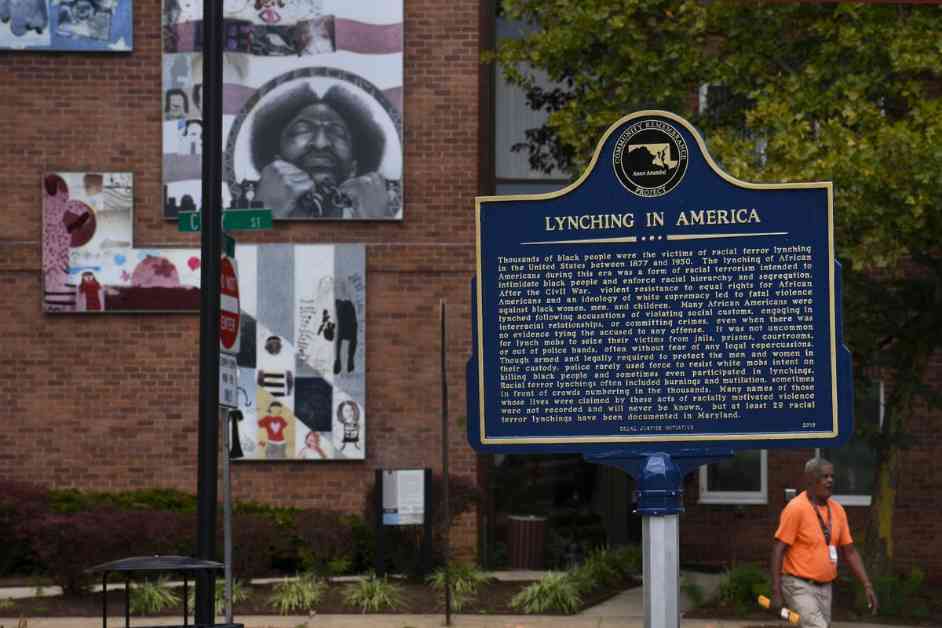In the wake of reports of record low unemployment rates for Black Americans and discussions about “Black jobs” at a recent presidential debate, it is important to recognize that the economic impacts of historical racism continue to affect African Americans today. Despite progress, disparities in economic opportunities persist, with Black Americans facing higher rates of unemployment, lower earnings, and deeper poverty compared to their white counterparts.
The legacy of racial violence, particularly in the form of lynchings, has left a lasting imprint on the economic landscape of many communities in the United States. Lynchings, which were widespread in the 19th and 20th centuries, have had a significant impact on the economic prospects of Black Americans, limiting upward mobility and perpetuating cycles of poverty.
Recent research has shed light on the enduring effects of lynchings on economic inequality. Studies have shown that counties with a history of lynching have lower economic opportunity levels for Black individuals compared to counties without such a history. This disparity is substantial, with the median income in counties with a lynching history being significantly lower than in counties without such a history.
Moreover, the psychological and economic impact of lynchings can still be felt by families of victims generations later. The aftermath of these violent acts often resulted in immediate economic hardship, displacement, and disrupted opportunities for wealth accumulation and education, leading to long-term cycles of poverty for descendants of those affected.
It is crucial to understand the broader historical context in order to address the systemic racism and socioeconomic disparities that continue to plague Black communities today. Discriminatory practices such as redlining and job segregation, coupled with the economic fallout of racial violence, have contributed to the entrenched economic inequalities we see today.
As we work towards a more equitable future, it is essential to acknowledge and address the historical roots of economic inequality. By taking a comprehensive approach that considers the legacy of racism and discrimination, we can begin to dismantle the barriers that have hindered the economic prosperity of Black Americans for generations. Only by confronting the shadows of the past can we pave the way for a more just and equitable society where all individuals have the opportunity to thrive.



